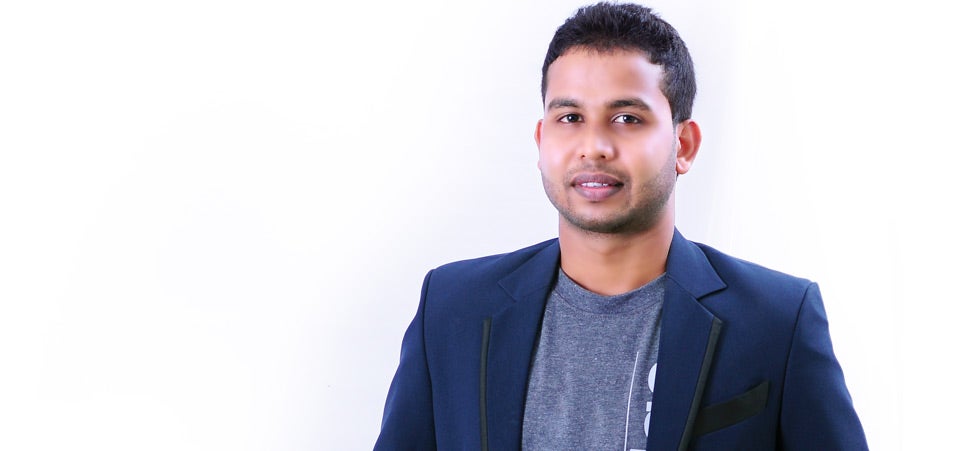I am Generation Equality: Sasindu Bibile, Sri Lankan social entrepreneur and gender equality activist
Billions of people across the world stand on the right side of history every day. They speak up, take a stand, mobilize, and take big and small actions to advance women’s rights. This is Generation Equality.Date:
Author: Sasindu Bibile


Three things you can do to become a part of Generation Equality:
- Engage men and boys in conversations about gender equality
- Support women and girls facing discrimination
- Challenge harmful gender norms at home
I am generation equality because…
In our society, we are far from achieving gender equality.
Women consistently earn less than men. If women do not conform to traditional norms, they face discrimination. For example, if a woman gets pregnant outside of marriage, they may not get support from their community. I also observe high rates of early and forced marriages.
I cannot say that my attitude towards gender equality was innate because of the culture and society I grew up in. After I started to engage with the issues in my community and tried to provide solutions to some of the problems faced by women and their families, I increasingly understood the importance of gender equality.
“We must provide people with the opportunity to change.”
Change should start within families and communities by challenging harmful gender norms and raising awareness about gender equality, including among men and boys. Men and boys should be educated and encouraged to support women and work towards gender equality. I do not think that I would be working for women’s rights and gender equality had I not been provided with the necessary awareness and guidance that transformed my attitudes. I believe that we must provide people with the opportunity to change.
Working for the poor
When I was 18, my friends and I built a house for a young girl whose father had passed away because of cancer. They were living in extremely poor conditions. Their house was beyond repair and the toilet in the backyard was half-built and barely provided privacy. When we heard about their situation, we realized that we had to help. This was the beginning of our organization Manussakama, loosely translated as Humanity.
Our work is based in the Uva Province, which has some of the highest poverty levels. Currently, we are implementing a project to support families with members suffering from chronic kidney disease of unknown etiology. Many people in this area suffer from this disease because of lack of access to clean water, and they have to visit distant hospitals for dialysis at least every two weeks. Our social enterprise has used a cost-minimizing method to provide more than 480 families with water purifiers, which are extremely costly and a burden on low-income families. Access to clean water helps decrease the risk of kidney disease and other hardships for families, which will reduce the burden on women.
Sasindu Bibile, 27, is based in Monaragala District, Uva Province in southeastern Sri Lanka. There, the organizations he founded and heads, Manussakama and Vision Lanka, help the most disadvantaged people in their communities. The British Council in Sri Lanka has recognized Manussakama as one of the best social enterprises in the district. Bibile works to give women and their families access to clean drinking water and avidly advocates for creating awareness about gender equality among men and boys.